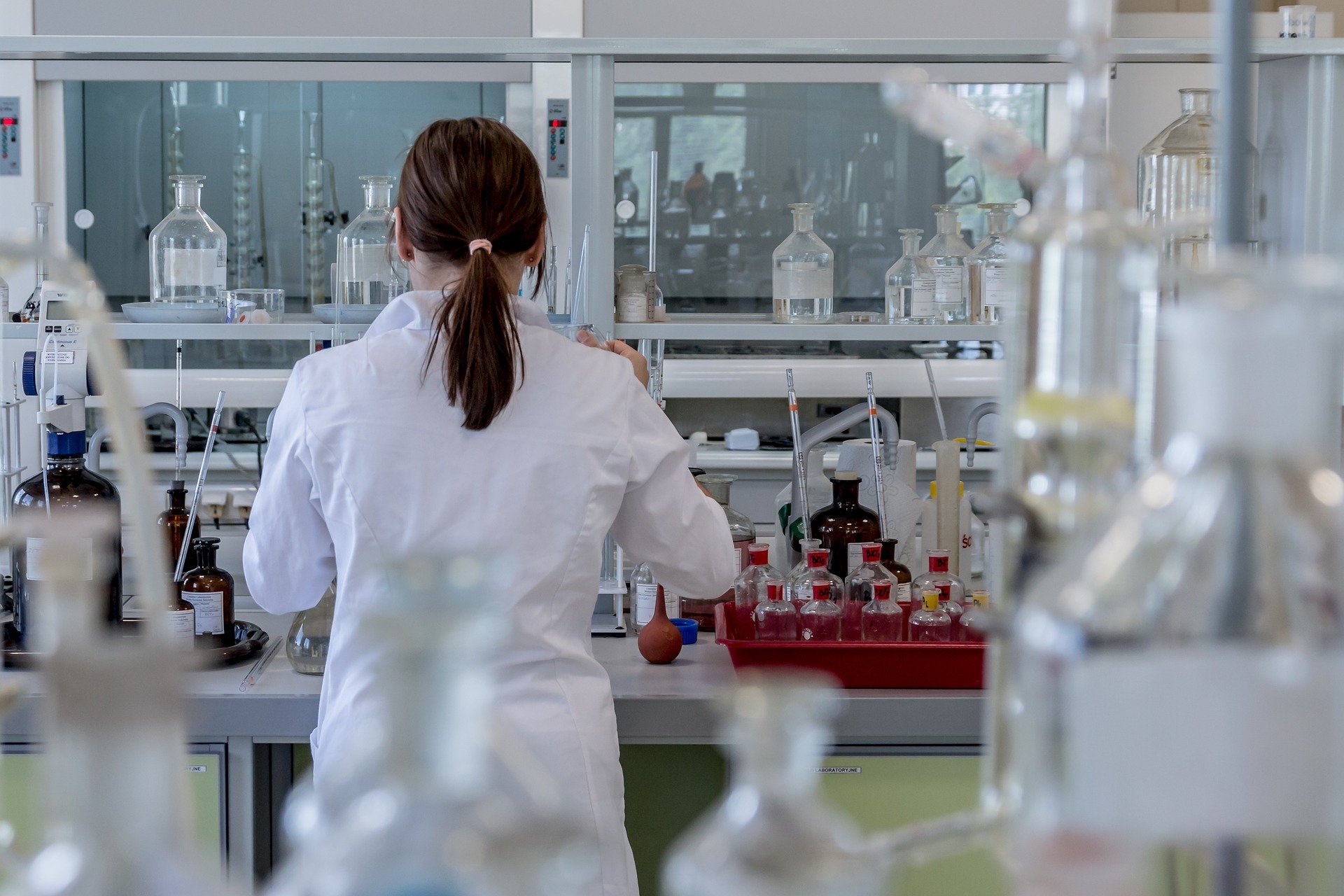According to The Straits Times, Nanyang Technological University (NTU) researchers claim to have developed a coating that may prevent lenses from fogging up faster than the blink of an eye.
The coating may distribute water droplets in 93 milliseconds when applied to plastic lenses. Fogging is avoided by dispersing the droplets into a homogeneous layer. A blink lasts roughly 100 milliseconds on average.

The coating might be used in a variety of products, including eyewear, surveillance cameras, and even solar panels, according to the researchers. (Photo / Retrieved from Pixabay)
The coating might be used in a variety of products, including eyewear, surveillance cameras, and even solar panels, according to the researchers. "Most anti-fogging technologies today are transient and have limited efficacy," stated Professor Chen Zhong of NTU's School of Materials Science and Engineering.
Read More: You can now call Bangkok in another way - “Krung Thep Maha Nakhon”
"Our team has demonstrated a fast-to-fabricate technique that takes about an hour and yields long-lasting results, demonstrating its promise for a wide range of practical applications."
Components in the coating can also break down dirt and bacteria by exposing them to ultra-violet light for a full day.
Anti-fogging coatings have been created for industrial uses, such as solar panels, but wider adoption has been delayed by durability difficulties, according to the team in a press release released on February 22.
Read More: An immigrant from Switzerland, Vonwyl Gottfried, dedicated his life to Taiwan society as a priest
Prior coatings, for example, could not tolerate washing and had to be reapplied on a frequent basis due to weak adhesion between the coating and the plastic surface.
These issues, according to the researchers, will be considerably alleviated by the new coating, which can be produced and applied fast, "in under an hour."
The findings of the team were published in Applied Surface Science, the top-ranked materials science publication in the world, in December.







